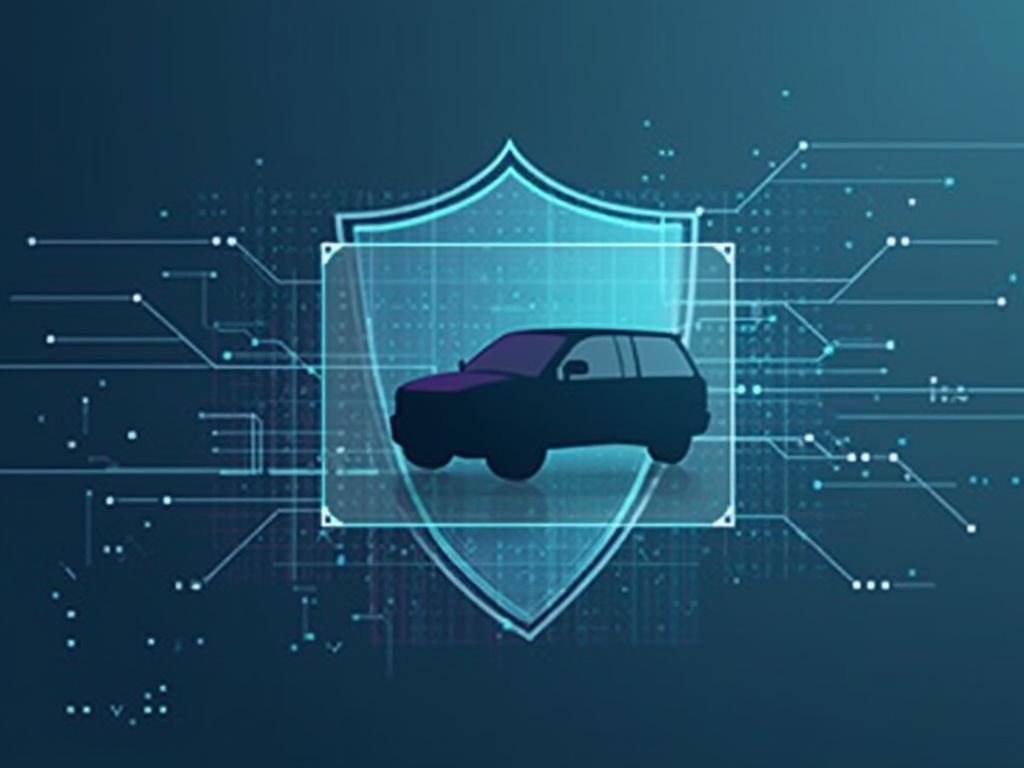Automotive Cybersecurity: Navigating Rising Threats Amid Digital Transformation Challenges

Automotive Cybersecurity Threats Surge as Industry Embraces Digital Transformation
The automotive industry faces unprecedented cybersecurity challenges as it rapidly adopts connected systems, software-defined vehicles (SDVs), and artificial intelligence. A new RSM report reveals manufacturing sector cyberattacks increased 30% year-over-year, with organizations experiencing an average of 1,636 attacks weekly. As organizations prioritize comprehensive cybersecurity strategies for their operations, the stakes continue to rise.
The financial impact has been severe, with ransomware costs in the automotive sector skyrocketing from $74.7 million to $209.6 million in just the first half of 2023. System downtime expenses escalated from $1.3 billion to $1.99 billion during the same period.
The Rise of Software-Defined Vehicles and AI
The SDV market is projected to grow exponentially, reaching $1.23 trillion by 2030 from $213.5 billion in 2024. This rapid expansion introduces new vulnerabilities through zonal control architectures and over-the-air updates. Understanding fundamental cybersecurity principles becomes increasingly critical as vehicles evolve into complex computing platforms.
"You can't separate SDVs from the broader digital ecosystem anymore," notes Grand Lui in an RSM blog post. "This means new opportunities, however, we also cannot afford to ignore cybersecurity considerations."
The automotive AI market is similarly expanding, expected to reach $14.92 billion by 2030 from $4.29 billion in 2024. This growth brings new risks, including prompt injections and unauthorized firmware updates.
Critical Security Imperatives
Hemanth Tadepalli, Senior Cybersecurity and Compliance SME at May Mobility, emphasizes the expanding threat landscape: "As vehicles become software-defined, every line of code and every data packet becomes part of the attack surface. Threat actors are no longer just targeting IT systems—they're probing supply chains, firmware, and even over-the-air update channels."
Modern automotive manufacturers must implement robust security protocols for connected devices across their entire ecosystem. Key security measures recommended by experts include:
- Implementing secure-by-design principles in vehicle architectures
- Deploying Zero Trust across vehicle and infrastructure layers
- Hardening AI-driven systems against emerging threats
- Building collaborative security ecosystems with suppliers
- Ensuring compliance with evolving regulations like the EU's AI Act
For additional insights into automotive cybersecurity best practices, visit the National Highway Traffic Safety Administration's cybersecurity guidance.
The automotive cybersecurity landscape will be further explored at the SecureWorld Detroit conference on September 11, 2025, featuring industry experts discussing connected vehicle security challenges and solutions.

